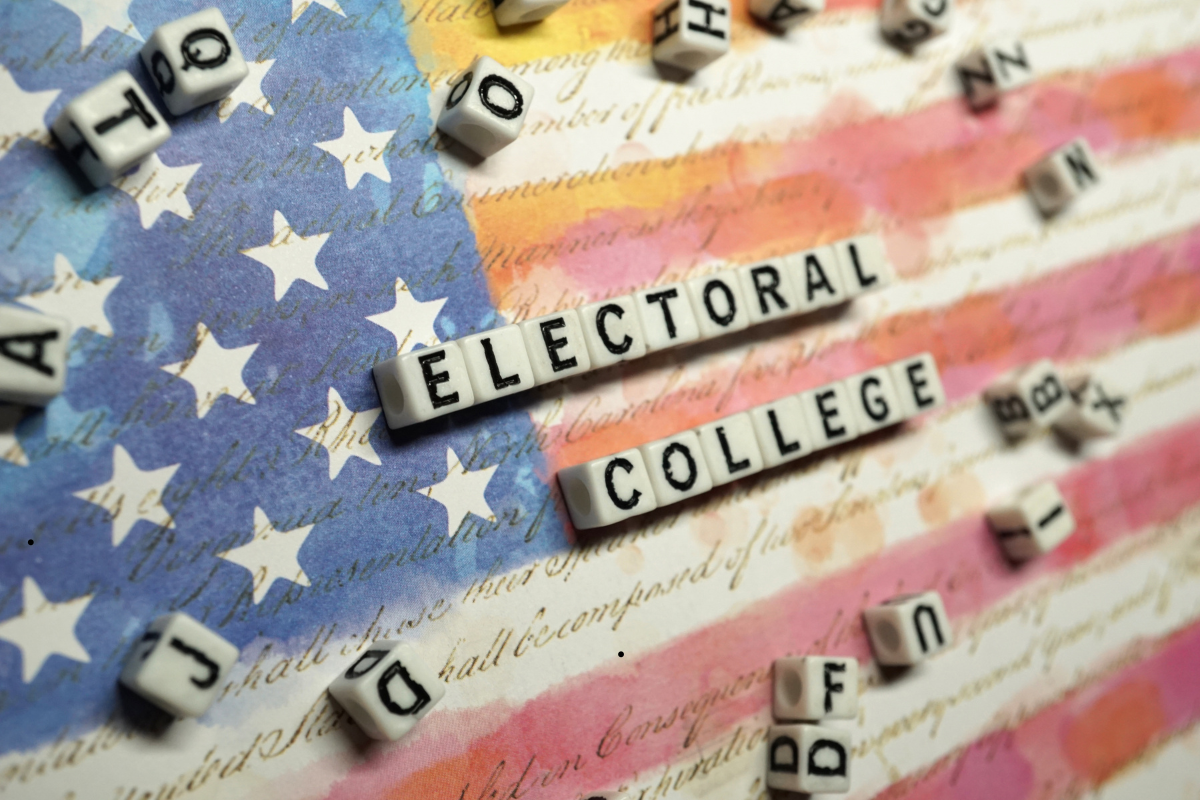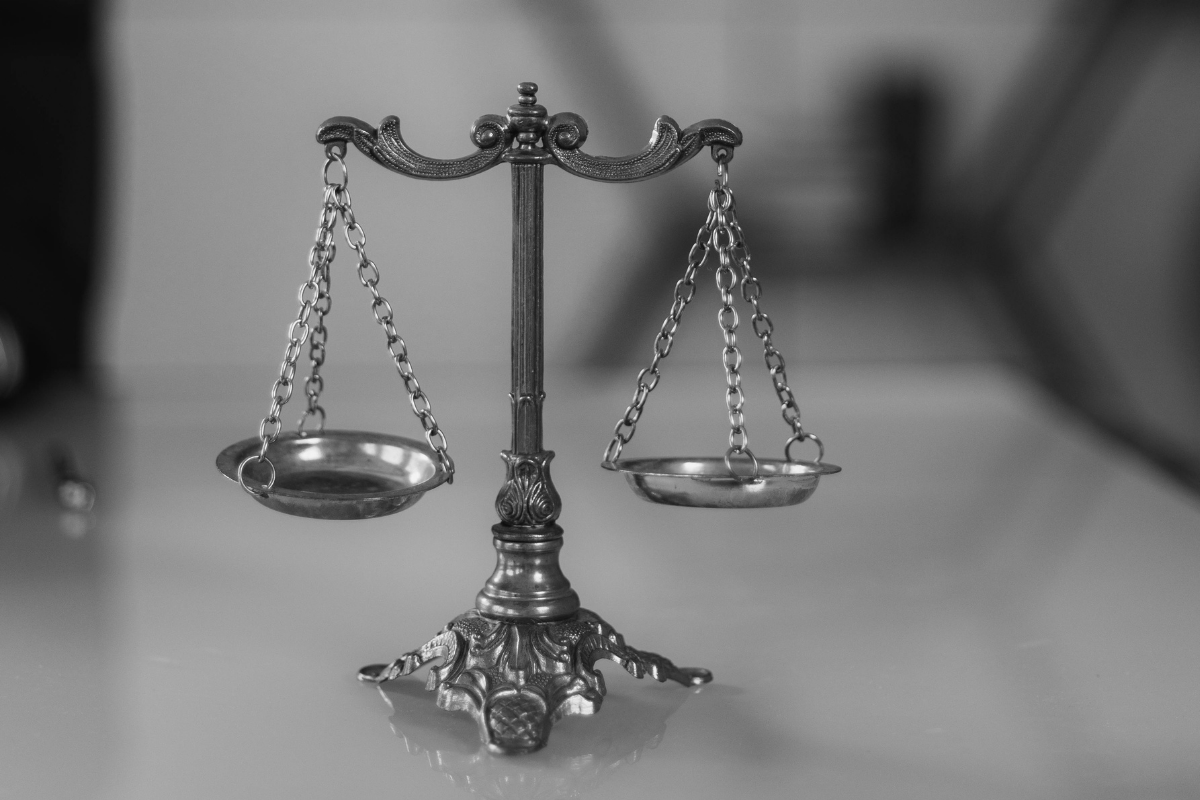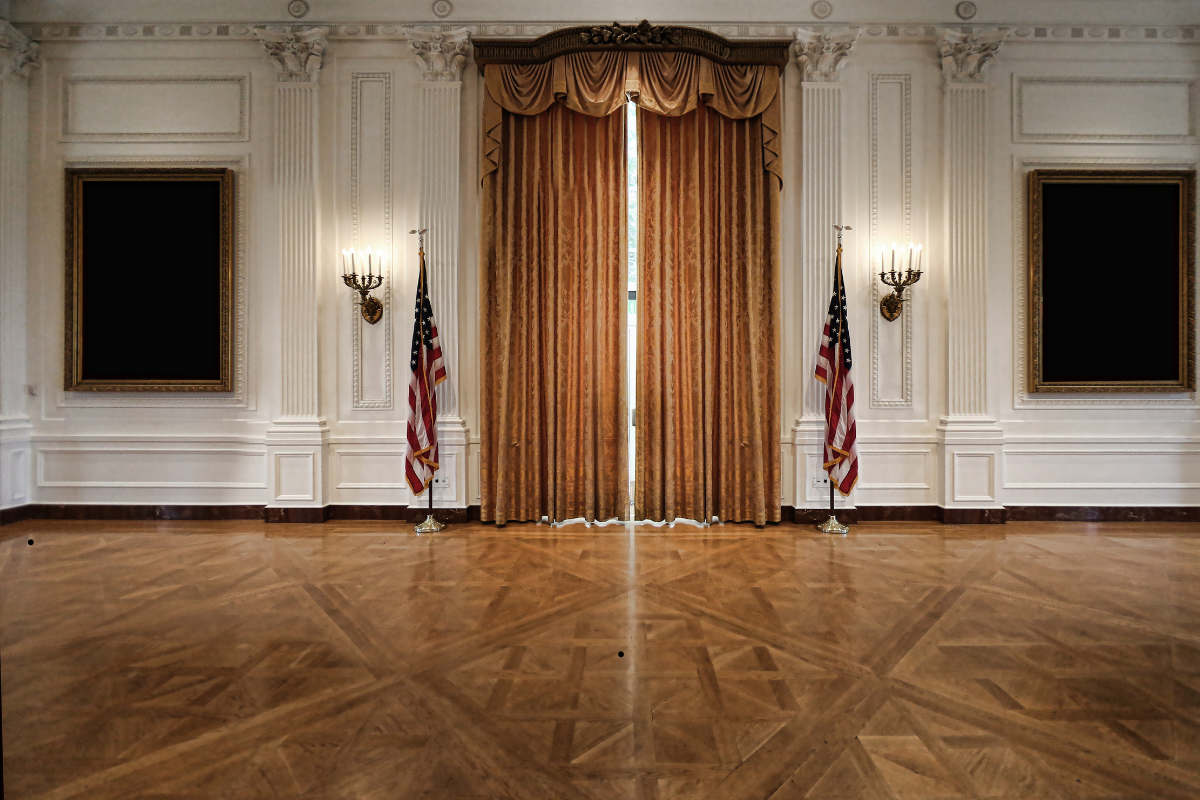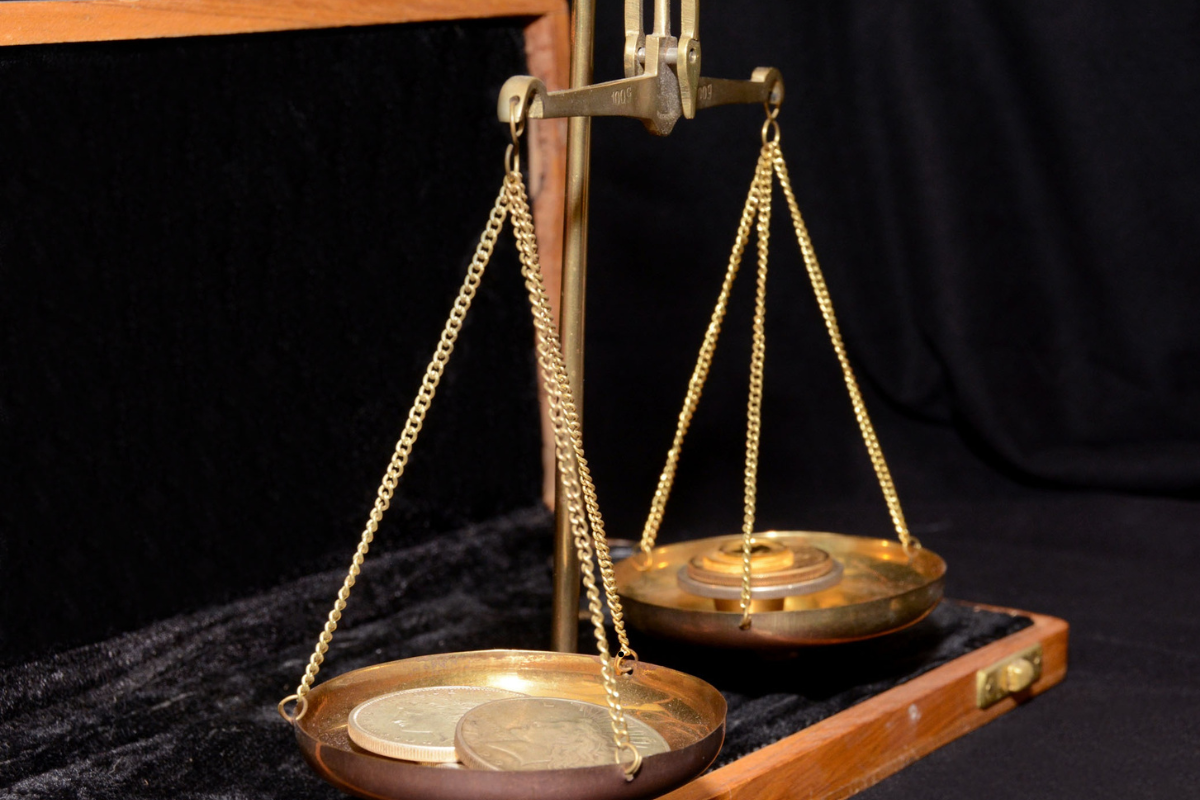Federalist 68
There are at least three important questions to ask as regards political office: how does one come to occupy that office? What are the powers associated with the office? How do you remove someone from office? These questions further implicate questions of legitimacy as well as the ends to which power is to be exercised, and those questions in turn raise questions concerning a just and lasting order.
Hamilton writes all eleven papers concerning the executive, this despite the fact that he rarely weighed in on Article II during the Constitutional Convention. Allowing that the plan put forward at the Convention was better than nothing, Hamilton, according to Madison’s notes, nonetheless “said that he had been restrained from entering into the discussions by his dislike of the Scheme of Govt in General.” He especially disliked the idea of term limits, which I’ll cover in a later essay.
Convention Debates
The relative brevity of Article II occludes the protracted nature of the debates the delegates held over the presidency, an office many viewed as a novel experiment, even while state governors provided a model. Much time and energy was spent on the mode of presidential selection. There were three main options explored. The first, advocated for by James Wilson and Gouverneur Morris and others — mostly nationalists — was direct election by the people. These delegates nodded toward democracy but also emphasized that the presidency was a national office and should be elected by a national majority of freeholders. A second option was to have the national legislature choose the executive. Roger Sherman, for example, argued that the executive should be subservient to the legislature. According to Madison, Sherman argued that “An independence of the Executive on the supreme Legislative, was in his opinion the very essence of tyranny if there was any such thing.” John Rutledge from South Carolina wanted the president chosen by the Senate. Charles Pinckney, also of South Carolina, supported legislative selection because he believed that legislators could be counted on to appoint a person they would trust to execute the laws they passed.
Many delegates were not persuaded. The problem with a national popular vote was twofold: most voters would not know the people for whom they were voting and most people would vote for someone from their own state. This meant that the president would typically hail from one of the larger states, leaving the smaller states bereft of executive representation. More importantly, as to the first point, it would lead to the likelihood that the people would be “the dupes of pretended patriots.” George Mason summed up the argument by saying (again, according to Madison’s notes) “it would be as unnatural to refer the choice of a proper character for chief Magistrate to the people, as it would, to refer a trial of colours to a blind man. The extent of the Country renders it impossible that the people can have the requisite capacity to judge of the respective pretensions of the Candidates.”
Role of the States
We tend to think of the states as little more than administrative units of the federal government, but that was not how most delegates thought. Not only were the states sovereign entities with their own set of interests, but were distinctive cultures and societies that demanded appropriate representation in the whole. Wilson and Morris may have been happy to strip the states of their powers as regarding the executive, but even a mercurial thinker such as Eldridge Gerry believed that “the principle of Mr. Wilson's motion … would alarm & give a handle to the State partizans, as tending to supersede altogether the State authorities. He thought the Community not yet ripe for stripping the States of their powers, even such as might not be requisite for local purposes. He was for waiting till people should feel more the necessity of it.” Well, then.
The key move was to keep the states at the center of the process, just as they were in the election of the legislature. If referring the plebiscite directly to the people would lead to demagoguery, and allowing selection by the legislature open the door to factional manipulation and foreign intrigue, and both would redound to the disadvantage of the states, then layering selection in such a way as to avoid all those dangers proved the solution. Have the people select the people who would select the president, but do it in such a way that the interests of the states, especially the small ones, remained protected, proved the solution. By electing electors, none of whom could be members of the legislature, the choice of president would still ultimately reside with the people, but the likelihood of demagogues would be bypassed. By making electors cast ballots for two persons, one of whom had to be outside the state, the power of the larger states could be mitigated.
The Result
Debates over presidential selection lasted the length of the convention but resulted in a process that, if not enthusiastically endorsed by all, at least received the approbation of all. Indeed, Hamilton remarked in Federalist 68, the electoral college seemed to be “almost the only part of the system, of any consequence, which has escaped without severe censure.” Reflecting the series of compromises that led to its admittedly clumsy formulation, Hamilton affirmed “that if the manner of it [presidential selection] be not perfect, it is as least excellent.”
One important part of this system involved conclusions where the electoral college settled on no candidate since a majority was required, and it was possible under those rules to have two persons with a majority of votes (the number of votes for each state being equal to the number of senators plus the number of representatives). Delegates to the convention circled around this issue for awhile and the initial draft of the clause had ties resolved in the Senate before settling on resolving ties in the House — the Senate being already too aristocratic. The important point is that — like the impeachment power — they expected this feature to be commonplace in our politics. In both 1998 and 2000 I was annoyed with our judicial system because they treated Constitutional powers that the framers assumed would be routinely exercised as if the exercise of them necessarily resulted in a constitutional crisis. Why did the Court need to step in on that 2000 election? Had they minded their own business it likely would have ended up in the House, which is where disputed elections for the chief magistrate are supposed to be resolved.
Electing electors solved the problem of demagoguery by filtering public perceptions via the selection of people who would “be most likely to possess the information and discernment requisite to so complicated an investigation” as to whom should be president. Even Hamilton worried that the stakes of presidential elections, if referred directly to the public, might become so high that every quadrennial plebiscite would be an invitation to “tumult and disorder” that would “convulse the community.” By selecting electors the focus of voters would be on many persons, most of whom they knew personally, rather than one person, who was more image than reality.
Hamilton repeated the well-worn concern that foreign actors would work to make their influence felt in the legislature and if the president was selected by legislators it would open the door to “cabal, intrigue, and corruption” since a corrupted faction, if sufficiently powerful, could raise “a creature” of its own making to the presidency. Trying to avoid the court politics of England, those who designed the electoral college sought to exclude “those who from situation might be suspected of too great devotion to the president in office.” Electors would not only avoid the partisan passions that tore the public apart, but would be “free from any sinister bias.”
Getting the Best and Brightest
Delegates to the Convention wanted to insure that only the best men ascended to the office of the presidency, with the Anti-federalists repeatedly reminding those more enamored of presidential power that Washington was not immortal. They had hit on a complex solution, but one whose complexity would filter out the impurities that would otherwise corrupt the office-holder. Believing they had hit on the solution, Hamilton assured readers, in language that today can only seem comical, that:
The process of election affords a moral certainty, that the office of President will never fall to the lot of any man who is not in an eminent degree endowed with the requisite qualifications. Talents for low intrigue, and the little arts of popularity, may alone suffice to elevate a man to the first honors in a single State; but it will require other talents, and a different kind of merit, to establish him in the esteem and confidence of the whole Union, or of so considerable a portion of it as would be necessary to make him a successful candidate for the distinguished office of President of the United States. It will not be too strong to say, that there will be a constant probability of seeing the station filled by characters pre-eminent for ability and virtue.
As it turns out Hamilton’s confidence was misplaced, and the reasons for that are open to debate but one compelling explanation is that the system no longer operates as designed. We have made the system more democratic and, in the process, made presidential selection more susceptible to the very problems the framers sought to avoid: demagogues and foreign influence. The original system operated on quiet deliberations among well-respected persons that took place in remote corners of the union, while we currently have long and loud campaigns occurring mainly in urban centers. Most Americans could not begin to tell you how the electoral college operates. The original system gave us a Washington and an Adams and a Jefferson, and our current one … well, the reader can fill in the names, but it would be the names of people not exactly “preeminent for ability and virtue.”
Too Much Democracy?
The system for selecting the president resulted from a series of compromises that produced machinery so complex that it seized up as soon as Washington declared himself no longer available. After the tumultuous election of 1800 states ratified the 12th amendment, which altered especially the selection of the vice-president. Subsequent reforms have maintained the structure of the electoral college while emptying it of its political substance. We have democratized the process without making it produce better results. (We at The Ford might argue that our guy being the only president not elected to either office is evidence of his virtue.)
Most framers saw democracy as a way of governing that often produced more heat than light. Passion would rip the scepter from the hands of reason. There could be no legitimate way of doing republican government without democratic legitimacy, but democracy’s fever could best be lowered by diffusing its operations. At its core was the idea that not every decision should redound to the people, but the people who made decisions should be known directly by voters. Most decisions should be exercised by the people, but where they were with no desire to extend the consequences beyond their immediate associates. Where intimacy wanes, demagoguery waxes. For some, that was enough to make the whole office of the presidency suspect.
I go back to Mason’s claim that “The extent of the Country renders it impossible that the people can have the requisite capacity to judge of the respective pretensions of the Candidates.” We are now a much larger country, both geographically and demographically, and also much more diverse. We assume that mass media and “technology” have solved (or will solve) the problem of electing at a distance, but in fact it has intensified the worries of the framers. In the nature of the thing we no longer know the people we are selecting, either as electors (quick, tell me who were the electors you selected in 2024) or as presidents themselves. What we have is a series of cascading images, tightly controlled and shaped by professionals image-makers whose job it is to deceive. The nationalization of our politics has resulted in our presidential elections becoming in our fevered imaginations more consequential, even while we have a less clear picture concerning what or who it is we are actually choosing. We are presented with images, but those images are always out of focus and we think that putting on partisan lenses will bring greater clarity. I suppose I get it: when you don’t really know who are what you’re voting for, a party identity gives you something to hang your hat on. But that, too, is precisely what the framers of our Constitution worried about.
Director of the Ford Leadership Forum, Gerald R. Ford Presidential Foundation
Related Essays




